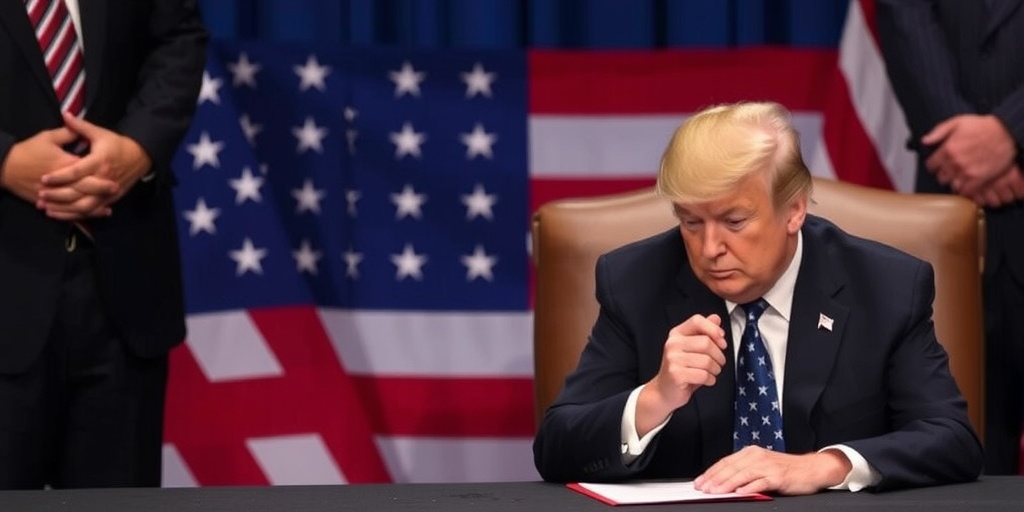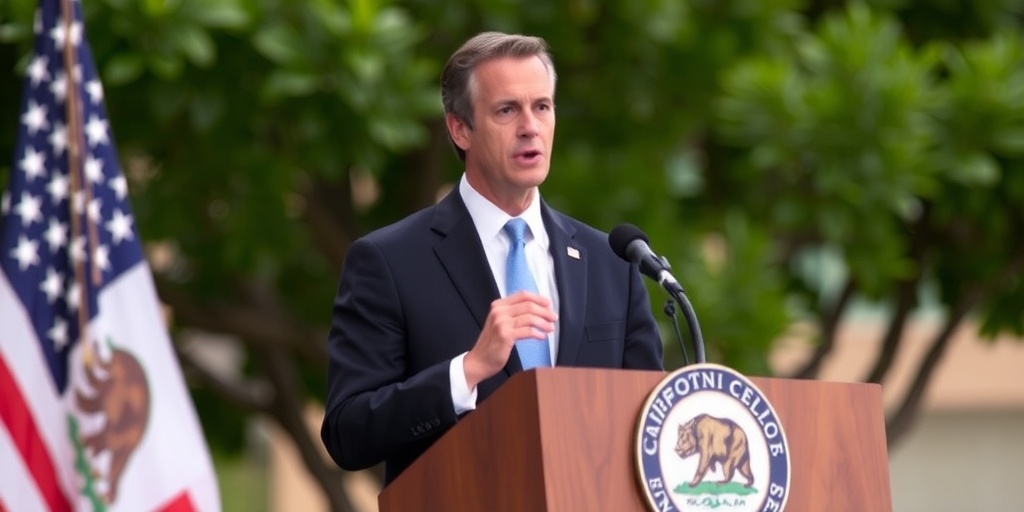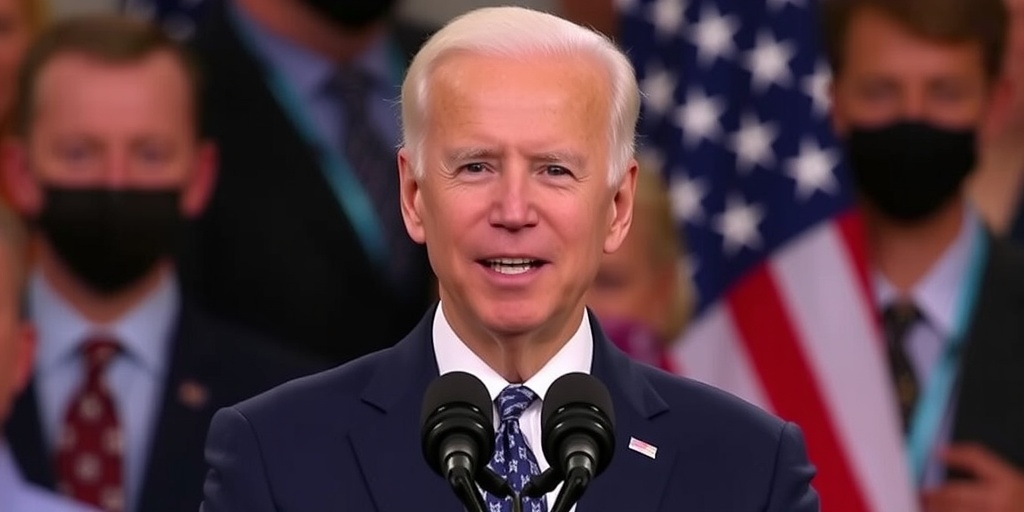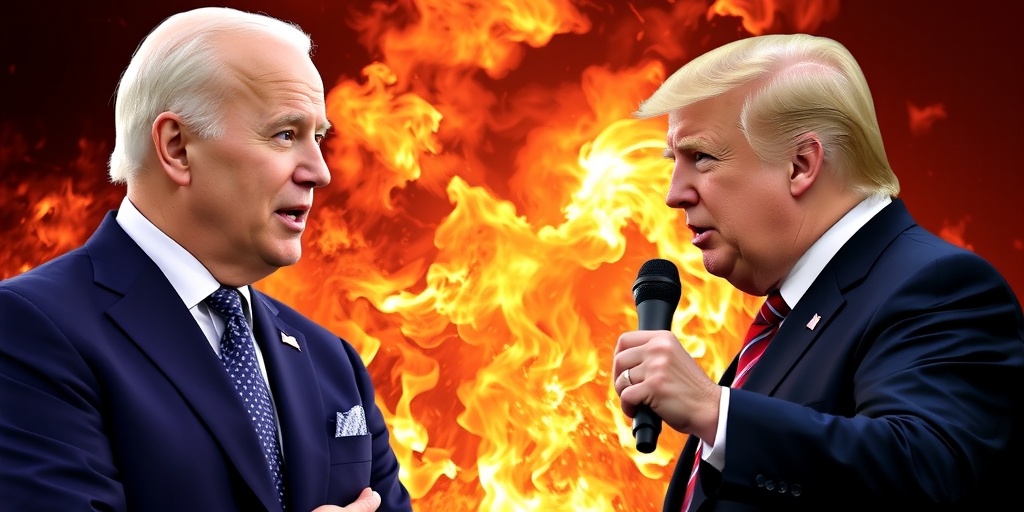Now Reading: Biden’s One-Term Decision: Not Unprecedented
-
01
Biden’s One-Term Decision: Not Unprecedented
Biden’s One-Term Decision: Not Unprecedented
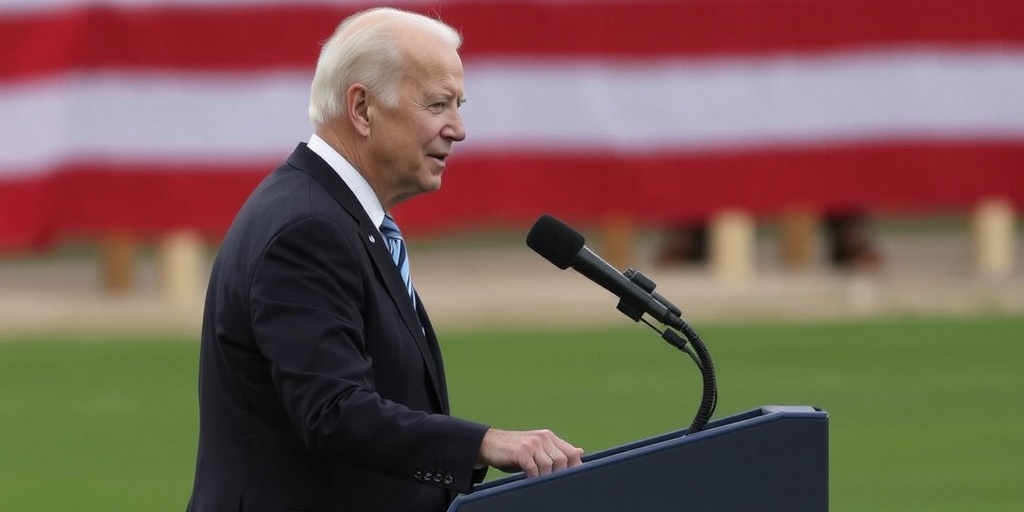
Farewell Addresses of Single-Term U.S. Presidents: A Legacy of Reflection and Warning
In the annals of American history, the farewell addresses of outgoing presidents offer a glimpse into the challenges and sentiments that accompany a transition of power. As we reflect on these moments, it’s clear that the themes of loss, legacy, and the future resonate profoundly among leaders who have faced the electorate only once.
In 1993, George H.W. Bush acknowledged the sting of defeat after losing to Bill Clinton, stating, “losing is never easy — trust me, I know.” This honesty captures the essence of what it means to depart from the highest office in the land. Gerald Ford, who lost to Jimmy Carter in 1977, left open the possibility of a political comeback, hinting at a return by saying, "This report will be my last — maybe." On the other hand, Donald Trump characterized his own defeat four years ago with defiance, declaring, “we will be back in some form.”
Historically, farewell addresses have allowed presidents to reflect on their administrations and urge the nation to honor the legacies they leave behind. This tradition can be traced back to 18th-century leaders, including George Washington, who warned against the perils of partisanship and called for national unity in his Farewell Address. However, the challenge often intensifies when incoming presidents are political opponents, particularly for those who are departing after one term.
President Biden, in a similar situation, had the delicate task of highlighting his achievements while transitioning the reins of power to Trump, whom he has labeled a “threat to democracy” and who has committed to dismantling many of Biden’s policies. This emotional exchange of power requires not only a review of accomplishments but also a reflection on the future direction of the nation.
Single-term presidents have navigated these farewells with varying approaches. For instance, Lyndon B. Johnson’s departure bore similarities to Biden’s circumstances, facing contentious foreign wars and seeking a resolution with adversaries. Johnson’s final “State of the Union” address before Nixon’s inauguration was filled with emotion, highlighting his efforts to end the Vietnam War and his legislative accomplishments. He emphasized that a failure to continue his Great Society programs would be "a tragedy for our country."
Contrasting Johnson’s emotional farewell, Gerald Ford’s speech in 1977 was marked by a more modest tone. As he addressed Congress, Ford highlighted his role in restoring confidence in government after the Watergate scandal. Despite his statement expressing satisfaction in returning to private life, his words hinted at aspirations for future political redemption, generating laughter among lawmakers when he quipped, "This report will be my last — maybe." Ultimately, Ford opted not to pursue a presidential run in 1980, supporting Ronald Reagan instead.
As Bush prepared to leave office in 1992, he spoke at West Point, revealing a raw and candid perspective on his recent loss. His comment, “Losing is never easy. Trust me, I know something about that,” resonated with Army cadets, many of whom laughed more than he anticipated. Bush’s farewell wasn’t solely reflective; he imparted wisdom to future military leaders on global involvement, urging caution against the U.S. acting as "the world’s policeman." He acknowledged the dangers of overextending the nation’s resources in foreign engagements — a prescient observation in light of the conflicts that would unfold under subsequent administrations.
Bush articulated the essential balance between military engagement and restraint, remarking, “There is no support abroad or at home for us to play this role, nor should there be.” His warnings became increasingly relevant as America engaged in military interventions during Bill Clinton’s presidency and even more so when George W. Bush launched a second invasion of Iraq post-9/11, leading to extensive military expenditures and loss of life.
These farewell addresses serve more than just as summaries of past presidencies; they encapsulate hopes, regrets, and visions for the future. The words of these leaders remind us of the shared challenges faced by each administration, as well as the constant evolution of American politics and society. As the political landscape continues to shift, the resonant themes of reflection and warning remain crucial to understanding the ongoing narrative of the presidency. Each outgoing president leaves a legacy not only marked by their achievements but also by the lessons learned and the directions they signal for future leaders.
Stay Informed With the Latest & Most Important News
Previous Post
Next Post
-
 01New technology breakthrough has everyone talking right now
01New technology breakthrough has everyone talking right now -
 02Unbelievable life hack everyone needs to try today
02Unbelievable life hack everyone needs to try today -
 03Fascinating discovery found buried deep beneath the ocean
03Fascinating discovery found buried deep beneath the ocean -
 04Man invents genius device that solves everyday problems
04Man invents genius device that solves everyday problems -
 05Shocking discovery that changes what we know forever
05Shocking discovery that changes what we know forever -
 06Internet goes wild over celebrity’s unexpected fashion choice
06Internet goes wild over celebrity’s unexpected fashion choice -
 07Rare animal sighting stuns scientists and wildlife lovers
07Rare animal sighting stuns scientists and wildlife lovers













